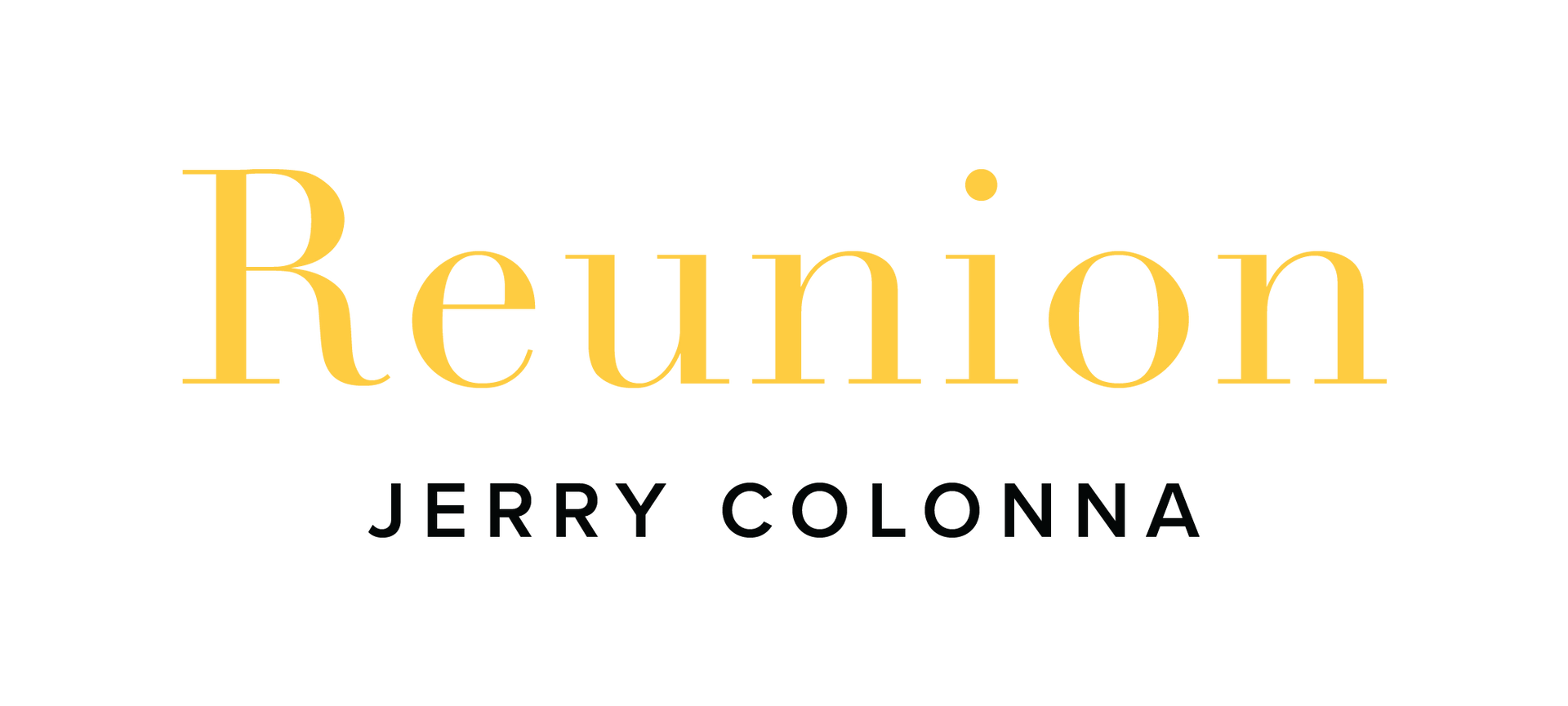I Am Home. I Am With. I Am Connected To(o):
As I was reading an early draft of Reunion and ancestors were heavy on my mind, my fifth grader brought home a family history assignment. It was filled with the kinds of questions that assumed a breezy, lighthearted nostalgia and easy answers. They were the questions I knew would surface some wounds and require deeper conversation with my daughter. We worked through the assignment together.
In that spirit, I write for those who have come up out of dust, risen from ash, bloodstained soil, come up out of anonymity, given new names that were not their own, those without perfect bloodlines and traceable pedigrees. I write as a descendant of enslaved people stolen from our ancestral home, brought across what is called the Middle Passage. I write for the descendants of people murdered in the Holocaust, those whose ancestors knew genocide, for people with unknown stories, separated families, those for whom jagged, uncertain, and broken lines leave question marks, penciled- in theories, and dead branches on our family trees. I’m writing so we can feel our own worthiness despite what we have been told, and in spite of what we will never know. We can still contact the broken Belonging from our pasts to honor and mend those painful stories without being undone by them.
To live in an out- group means that, on some level, your sense of Belonging will be predicated upon the motivation and willingness of the dominant group to be inclusive. Extending hospitality and humanity to the Other is often experienced as a threat to one’s own position. The difficult work to undo systemic Othering is most often left to those who have the least power to effect change. Marginalized people are expected to do the heavy lifting of bringing people along with us, depleting ourselves in ways that impact our health, safety, and well- being. We expend inordinate amounts of whatever energy we have left to convince others of our worthiness and our humanity, as though we are the ones responsible for having created the conditions of exclusion in the first place.
Reunion is a call to shift the labor back to those who bear the most power to change it; its hope is to rebalance the responsibility so that we are each doing the work that is ours to do. At the same time, I must also resist the urge to assume that the lessons in this book do not apply to me. It may be safe or even tempting to position myself only as the “other,” but that would be a dangerous deflection of my own responsibility. I must examine how I, too, am implicated in upholding systems of Othering. If I fail to interrogate my own actions, I risk working in opposition to the greater good. Reunion requires each of us to see ourselves more clearly.
It was impossible for me to read this book without exploring my own relationship to Belonging. It is through my life experiences that I am reminded that Belonging and Othering are not distant or abstract concepts. They are the facts and conditions of my existence, amplified by the Black, queer, female body in which I live. I suppose having marginalized identities has a way of doing that to you, making it easy to start in close, working concentric circles outward until the whole picture comes into frame.
While I don’t remember the very first time I felt the sense of not Belonging, I do remember the feeling of it in my body from an early childhood dream. I must have been five or six at the time. In the dream, I was standing on the sidewalk in front of the apartment building where I lived in Portland on Tacoma Street, asking, then pleading, and finally screaming so that I would be heard, seen, and felt by my loved ones who were walking past me and through me with hollow eyes, moving toward someone or something in the distance that was not me. The same visceral feeling I experienced in that dream has come back many times throughout my life when I fell out of Belonging. I can still see my small self crumpled on my knees on the concrete, isolated and alone; it is as imprinted now as any waking childhood memory I’ve ever had.
Even writing of the dream now, I am struck by just how deep and native the desire to belong is. To call it bone- deep, or cellular, even atomic doesn’t quite capture it. As humans, we long to belong, in our families, among friends, in our workplaces, our communities, and so on. And yet, there is that which divides and others us, conscious and unconscious acts and human- built systems that sever us from our deepest yearnings and most basic human needs. Choosing tribalism,
exclusion, and separation above connection and care undermines the very things we want so desperately. The dissonance between how we live and what will save us is ever- growing.
Creating systems of Belonging, whether as leaders or as humans, means remembering and re- membering all the daily fractures that threaten our wholeness. Belonging is what happens when we decide and act upon the idea that inclusion is vital to our survival, far more than Othering. Belonging is embodying the refrain of “your story is my story” that is echoed throughout Reunion. It is, indeed, medicine for the world.
What gives me hope now is that I continue to hear the desire for systemic Belonging spoken into the world through language, justice movements, art, science, and poetry, through murmurs and shouts in the chorus of our shared stories and experiences. For who among us has not felt Othered? It is through this courageous contact with our own silence, exile, and disavowal that we can emerge from this perilous territory of disconnection.
Our responses to Belonging/Othering can be imperfect. I have witnessed and even taken part in that phenomenon of undermining one’s own sense of Belonging, or the never enough that Jerry writes about. In a well- intentioned effort to avoid the pain of being excluded by others first, I have conspired in joining the effort, creating the very exile for myself that I feared in the first place. Allowed to go unchecked, the legacy of systemic Othering can stealthily twist itself around the psyche resulting in a false safety- seeking, and soul- crushing, preemptive isolation. The more we feel ourselves worthy of Belonging, in the truths of our pasts, the more space we create for ourselves and others to belong. It requires us to stay intact enough to believe in our own worthiness and right to Belonging in this world, even when we feel inadequate to demand the thing that is our birthright.
When I think of Belonging, I believe there is no one who is not worthy of it. What if we all actually believed and acted as though everyone deserved no less than the holy trinity of love, safety, and Belonging that Jerry speaks of? How would that shift the culture of Othering, violence, and separation that is so destructive? I ask myself these questions and find myself going back again and again to the many origins of the word belong, one of which has its roots in the old English langian, meaning to grieve for, pine, be pained by, yearn for. As I read this translation, I cannot help but find hope in the ease which comes like an out breath that says I am home. I am with. I am connected to(o).
CHRYSTAL

